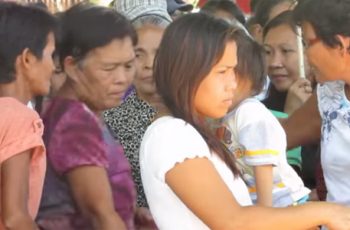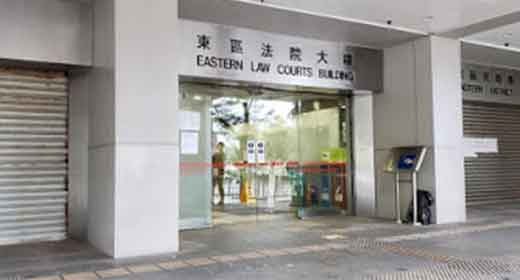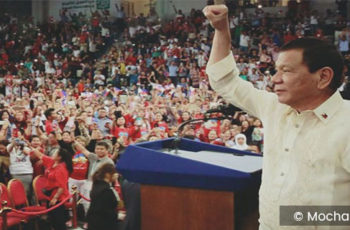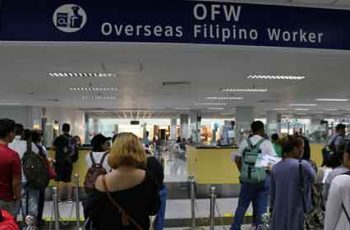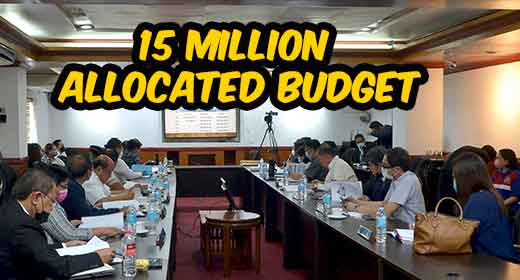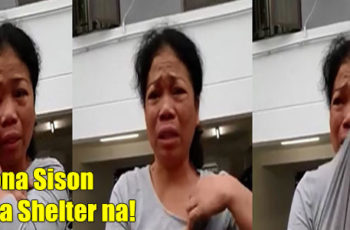Through digitalization, the Department of Migrant Workers (DMW) and the Department of Information and Communications Technology (DICT) aim to reduce the processing time of documents for overseas Filipino workers (OFWs).
According to DMW Secretary Susan Ople, President Ferdinand Marcos Jr. wants the OFWs and their families to have access to programs and services quickly.
“When I assumed office, I discovered that it could take a minimum of three months for an employer to work with our embassy and the office of labor to get accreditation. It’s not even the hiring process, it’s just the accreditation process,” says Susan Ople during the Nation Address Economic Briefing at the Philippine International Convention Center in Pasay City on Tuesday.
There were also redundancies on the steps as they took a better look at it.
“By doing away with all those redundant procedures and unnecessary requirements, even the number of signatures, we are confident that we can cut that timeline from a minimum of three months to perhaps less than a month or three weeks,” says Ople.
Vacationing OFWs are also complaining about the time spent applying for and obtaining their Overseas Employment Certificates (OECs) to the DMW. Known as exit clearance, the OEC confirms that OFWs were recruited and documented properly. Moreover, it proves registration with the Philippine Overseas Employment Administration. It is possible for an OFW to be prevented from leaving the country without an OEC.
“The DICT and the DMW will be working closely together so that the OEC will now be paperless. It can be stored on the worker’s phone, and there will be a corresponding digital solution at the immigration so that every international airport that we have in the country is now seamless,” the DMW Secretary said.
A series of bilateral agreements on enhanced worker protections have also been signed between the DMW and Saudi Arabia regarding the deployment of skilled workers.
Additionally, many Filipinos are returning home after working abroad. To assist in the OFW’s reintegration, she invited the business community and diplomatic missions.
“Please help us put in or define as many reintegration pathways for our returning OFWs to cut the cycle of intergenerational labor migration,” Ople said. “We have a lot of talented overseas workers returning to the country in search of possible investments, also, local employment, and even partnerships for business and even social programs that they can join.”
A program specifically designed for children left behind by OFWs will be opened by DMW to combat illegal recruitment and human trafficking.

